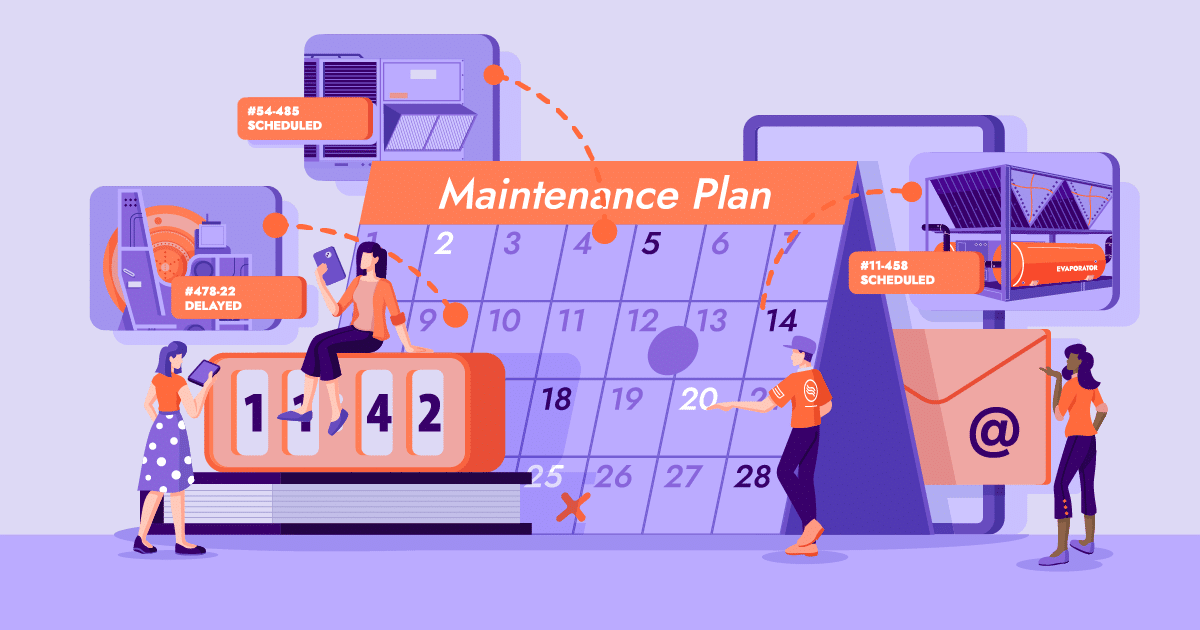As a homeowner, nothing is more satisfying than looking out at your lush garden and being able to take pride in the hard work you’ve put in. However, while it’s easy to plant a garden and watch it grow, the real challenge is maintaining it to its fullest potential. In order to get the most out of your garden, it’s crucial to have an effective maintenance plan in place. Here are a few tips to help you maximize your garden’s potential.
1. Develop a watering routine
Plants need water in order to thrive, but giving them too much or too little can be damaging. To ensure your plants are getting the right amount of water, develop a watering routine based on their specific needs. Some plants require daily watering, while others can go a few days without water. Keep an eye on the weather forecast and adjust your watering routine accordingly.
2. Fertilize regularly
In addition to water, plants need nutrients to grow. Fertilizing your garden regularly can help provide the necessary nutrients to keep your plants healthy and strong. However, it’s important not to over-fertilize, as this can lead to a buildup of nutrients that can harm your plants. Follow the instructions on the fertilizer packaging and apply it as directed.
3. Prune and deadhead
To encourage healthy growth and flowering, it’s important to prune and deadhead your plants. Pruning involves cutting back branches or stems to help shape the plant, while deadheading involves removing dead flowers or blooms. By removing dead flowers, you’re allowing the plant to focus its energy on producing new blooms, rather than trying to revive old ones.
4. Weed regularly
Weeds can quickly take over a garden and steal valuable nutrients from your plants. To prevent this, weed your garden on a regular basis. You can do this by hand or by using a hoe or other weeding tool. It’s important to get rid of weeds as soon as you see them, as they can quickly multiply and become much more difficult to control.
5. Monitor for pests and diseases
Pests and diseases can wreak havoc on your garden, so it’s important to monitor for signs of trouble. Look for things like holes in leaves, discolored foliage, or wilting plants, as these can be signs of a problem. If you do notice an issue, act quickly to try and prevent it from spreading.
By following these tips, you can develop an effective maintenance plan for your garden that will help you maximize its potential. Remember, proper care and attention can go a long way in keeping your garden healthy and beautiful year-round.

